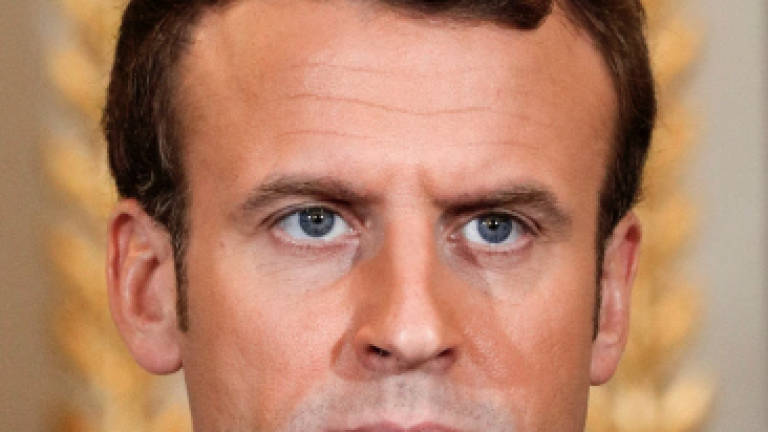Nationalist gains in Corsica set to pose dilemma for Macron

AJACCIO, France: Nationalists on the French Mediterranean island of Corsica cemented gains in regional elections on Sunday, underpinning their demands for greater autonomy from Paris.
The outcome is widely expected to pose a new challenge to President Emmanuel Macron who will have to decide whether to cede some control or maintain France's tradition of highly centralised government.
The governing Pe a Corsica (For Corsica) alliance – made up of the pro-autonomy Femu a Corsica (Let's Make Corsica) and pro-independence Corsica Libera (Free Corsica) – won 45% in a first round of voting a week ago and cemented that showing with 56.5% Sunday – albeit turnout was low at 52.6%.
The win will give Pe a Corsica a comfortable majority in the island's assembly which will start work early next year. The nationalists will also take the 11 seats up for grabs on the governing executive council, which carries out the equivalent functions of regional council presidents in mainland France.
"Paris today has to take stock of what is happening in Corsica," Pe a Corsica's leading candidate, Gilles Simeoni, said after the results came through.
The strong result for the autonomists comes amid political crisis in Spain – with potentially major consequences for the European Union – following efforts by Catalan nationalists to break away from Madrid.
The leaders of Pe a Corsica have stressed throughout that their short-term goal is greater autonomy, rather than independence – not least because the mountainous island is dependent on state spending.
They have formulated three core demands: they want equal recognition for the Corsican language along with French and an amnesty for convicts they consider to be political prisoners.
They also want the state to recognise a special Corsican residency status – which would be used to fight against property speculation fuelled by foreigners snapping up holiday homes.
Opinion polls show that most of Corsica's 330,000 residents, many of whom live off seasonal tourism or are employed in the public sector, want to remain in France.
Economic dependency
Even separatist leader Jean-Guy Talamoni – nicknamed by some "the Corsican Puigdemont" after the Catalan leader – suggests the island would split from France in 10 or 15 years at the earliest, if a majority supported it.
"An economically viable Corsica – I don't think we'll see it in my lifetime," a Corsica specialist at the University of Bordeaux, Thierry Dominici, told AFP last week.
That is not the case for Catalonia, where separatists complain that their wealthy region, representing a fifth of Spain's economic output, pays more than it gets back into national coffers.
Corsica, famed for having some of the best beaches in Europe and for being the birthplace of Napoleon, was once a hotbed of violent anti-French militancy.
The National Liberation Front of Corsica (FLNC) waged a four-decade bombing campaign – mainly targeting state infrastructure – until 2014.
The worst nationalist attack saw France's top official on the island, Claude Erignac, assassinated in 1998. — AFP